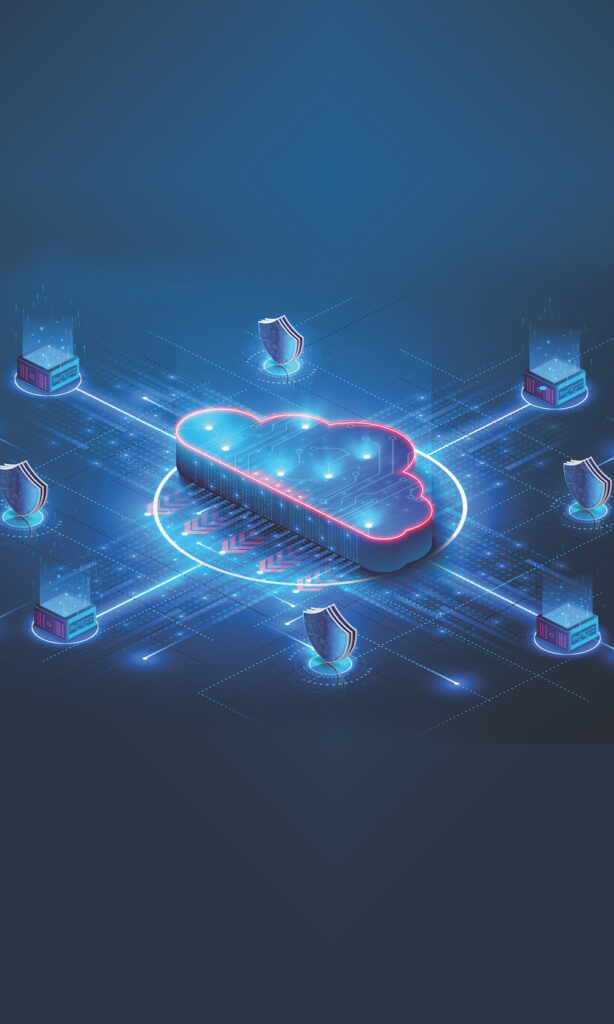Networking
Networking is an essential component of the banking industry’s IT infrastructure, providing banks with the ability to connect their various systems, devices, and applications. Effective networking enables banks to exchange data securely and efficiently, facilitating critical business functions such as online banking, mobile payments, and money transfers.
In the banking industry, networking plays a critical role in ensuring the reliability and security of banking systems and applications. Banks typically employ a range of networking technologies, such as virtual private networks (VPNs) and firewalls, to protect against cyber threats and ensure the confidentiality and integrity of sensitive data.
Overall, networking is a crucial tool for banks to connect their various systems and applications, facilitating critical business functions and ensuring the security and reliability of their IT infrastructure.






